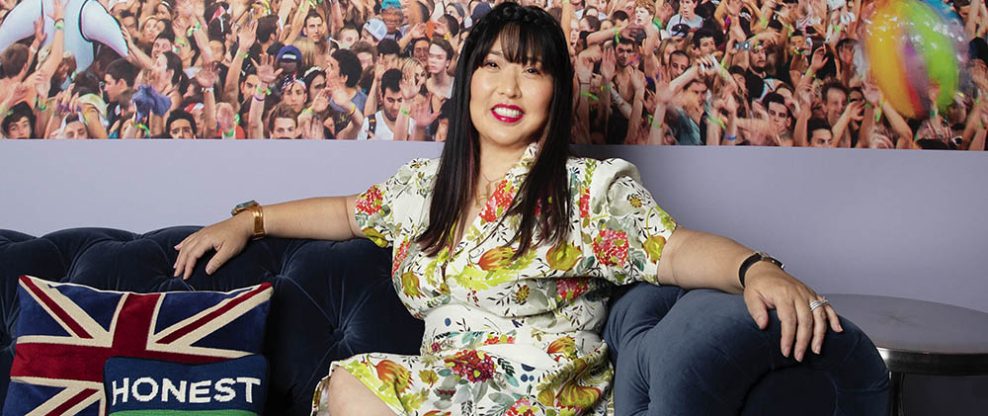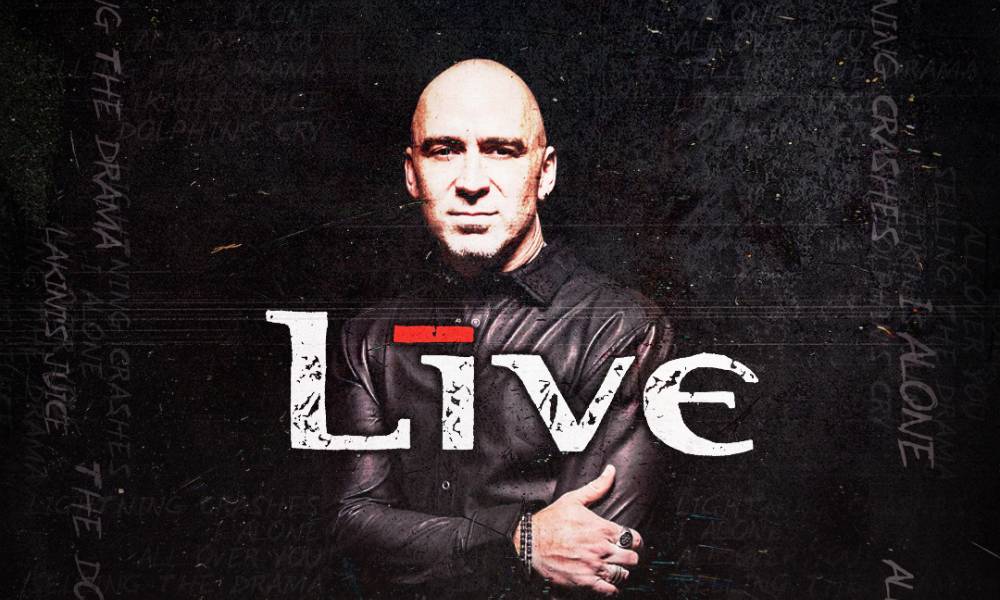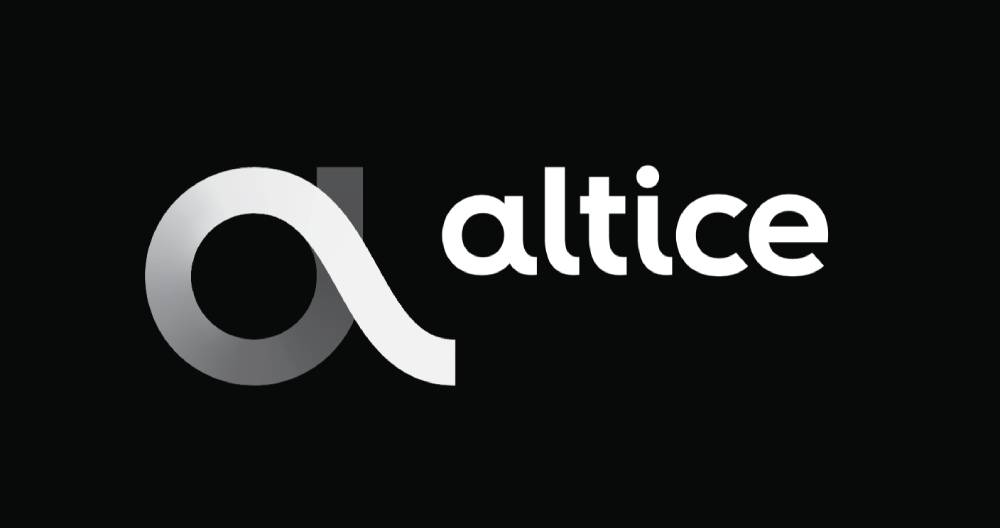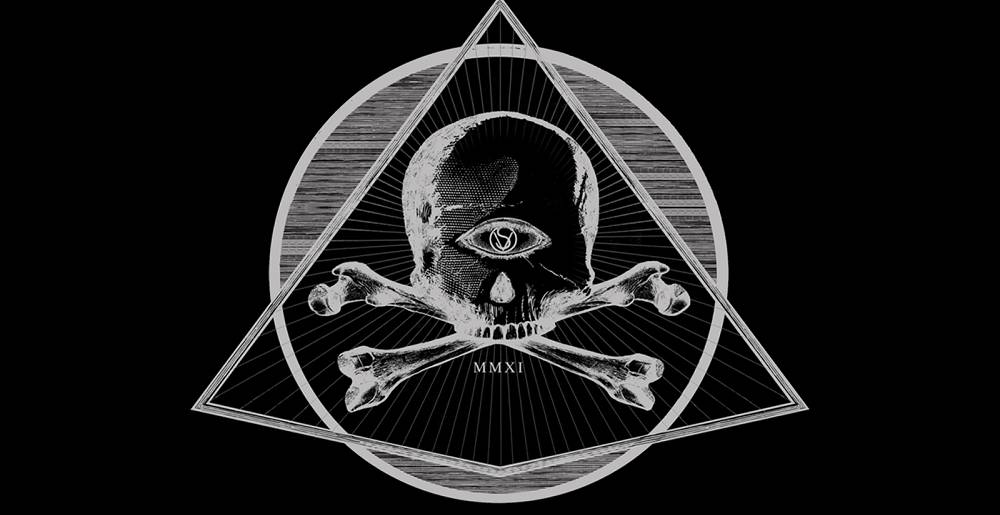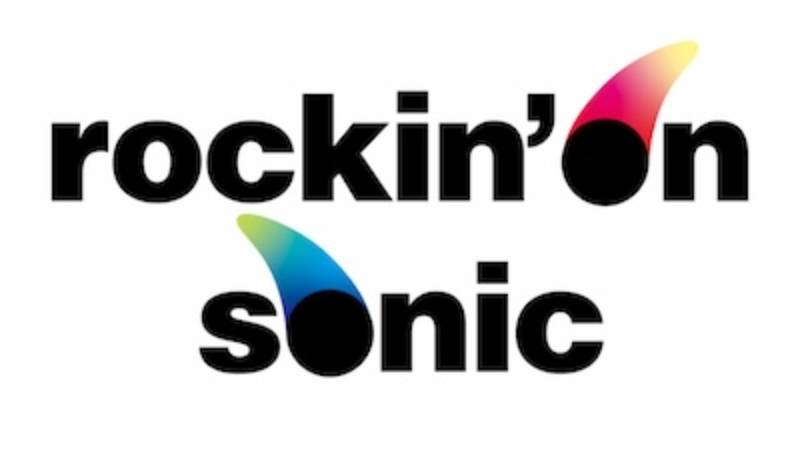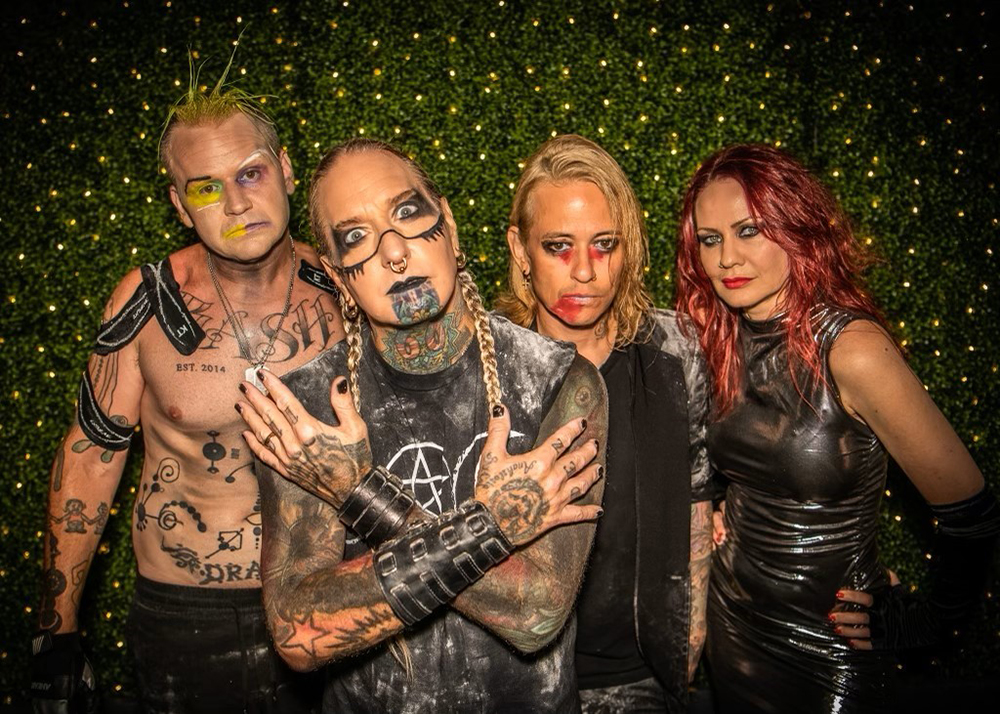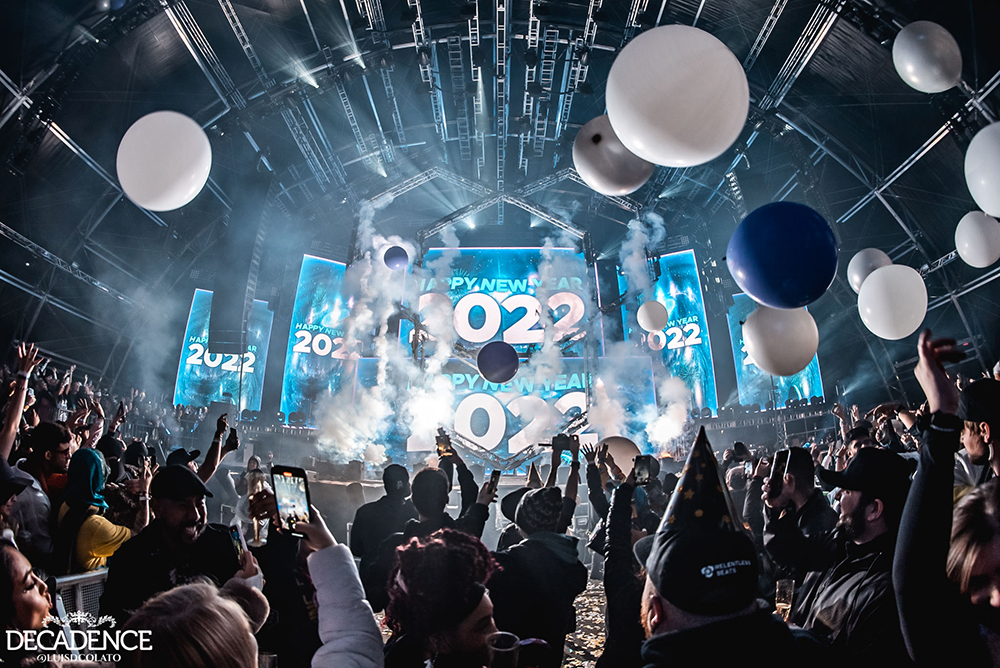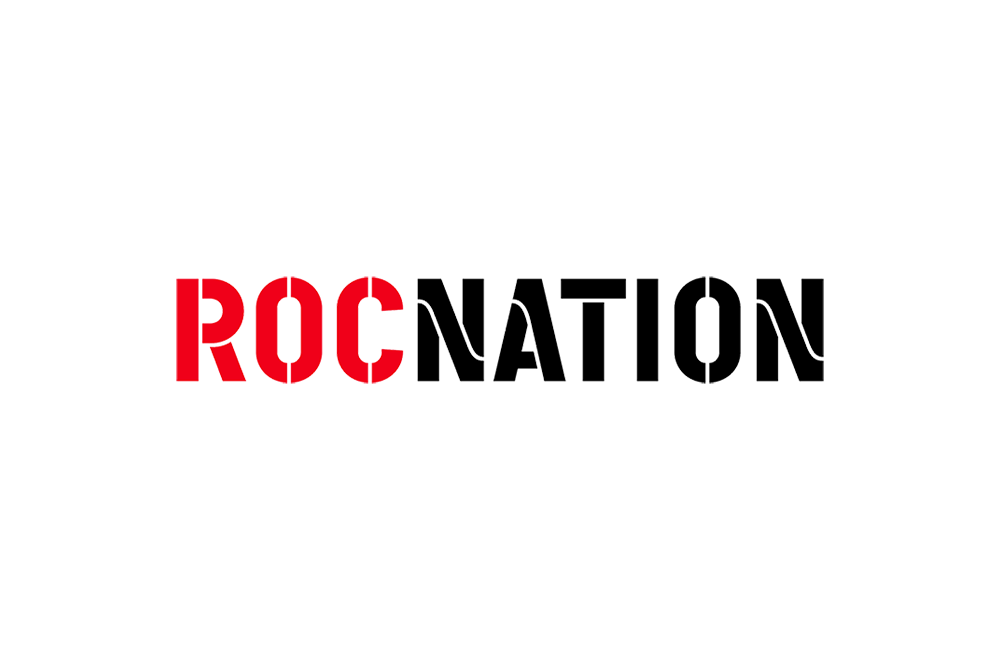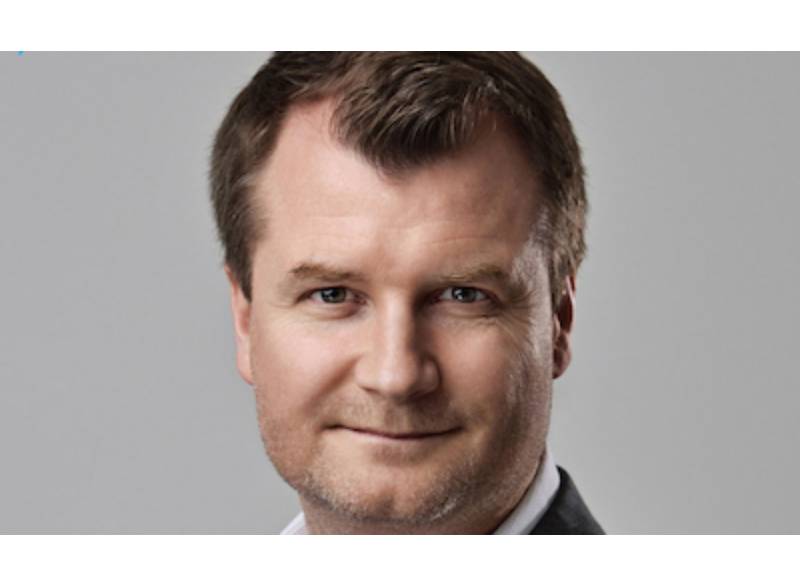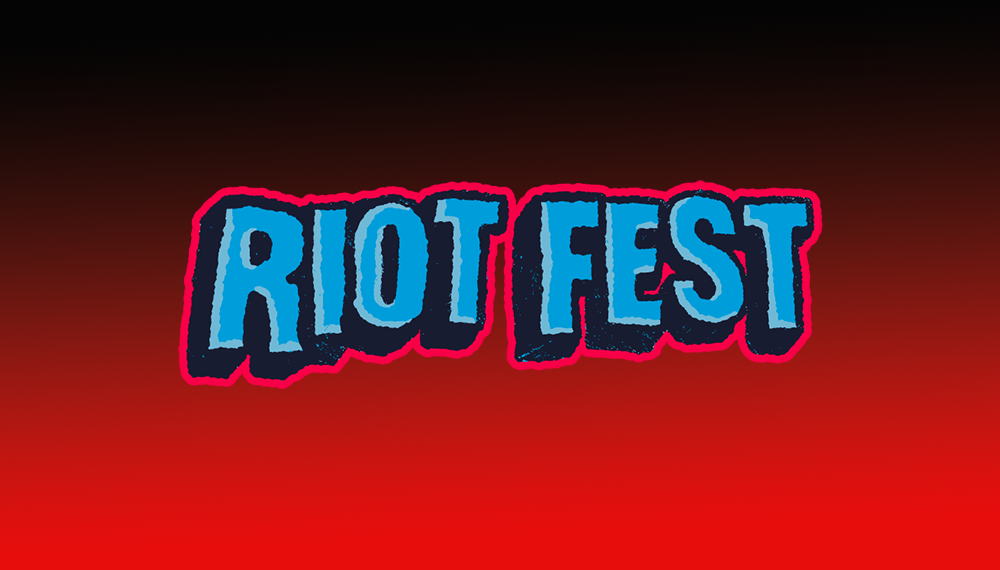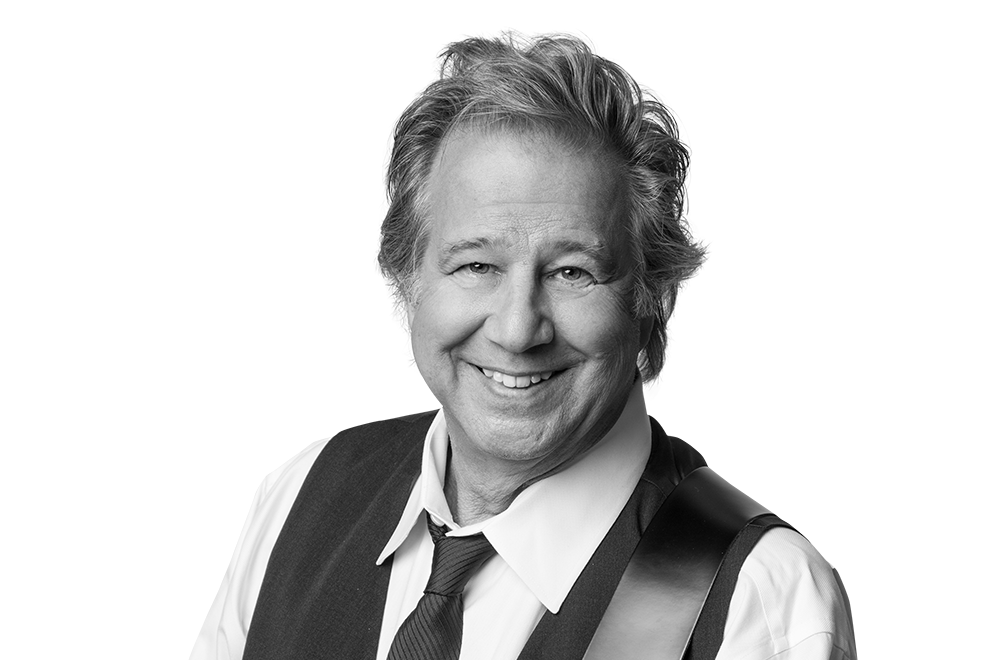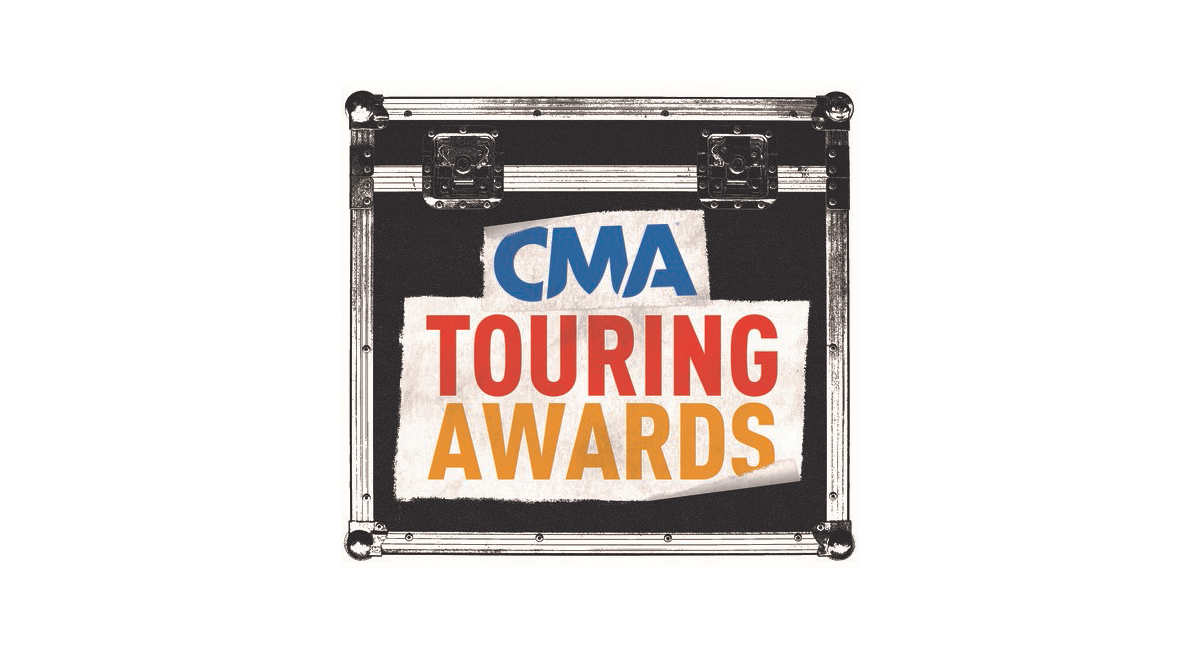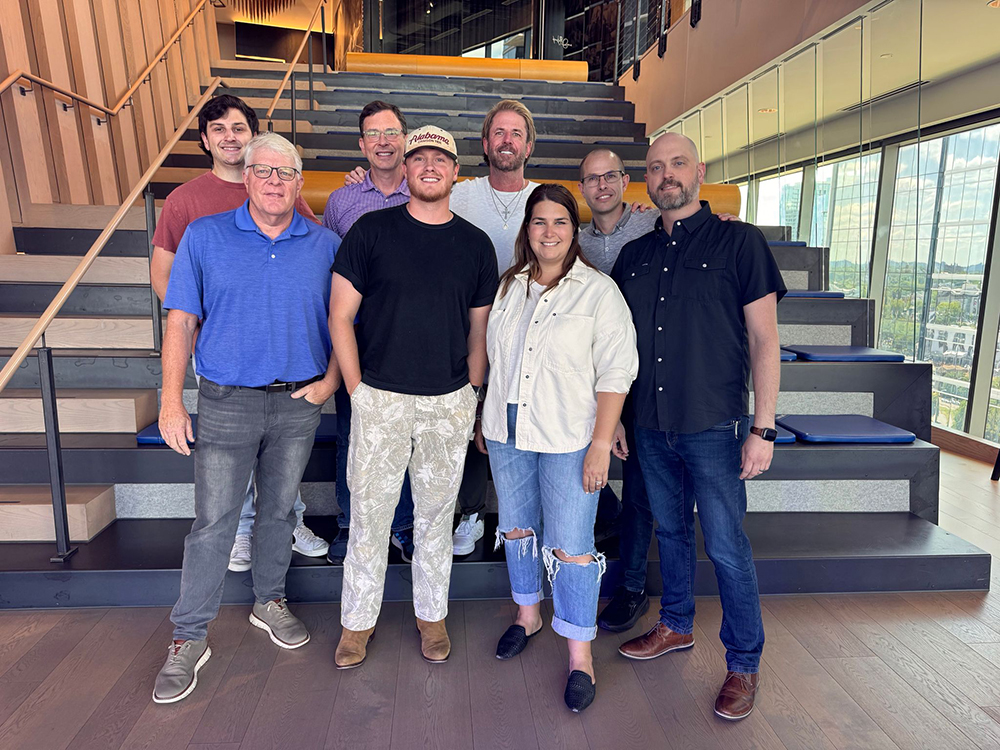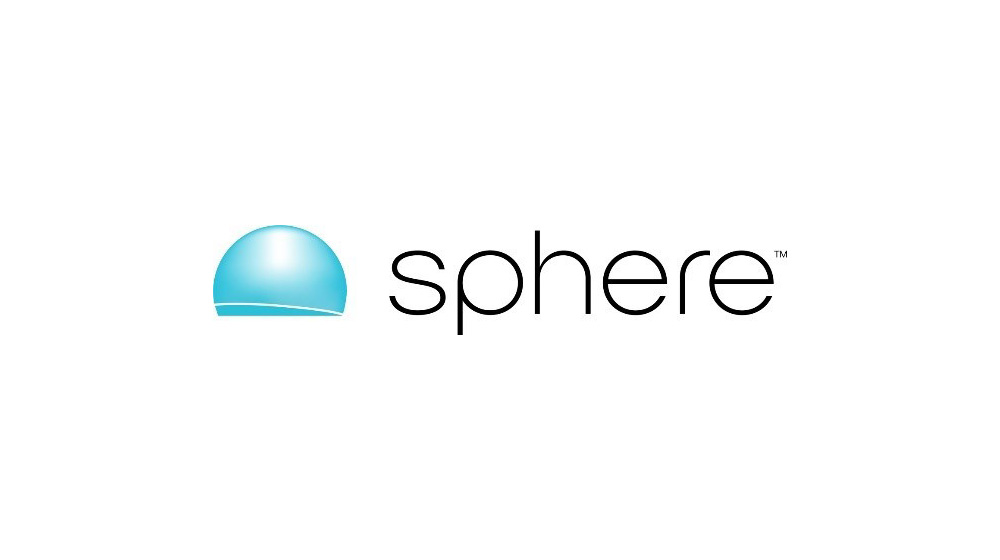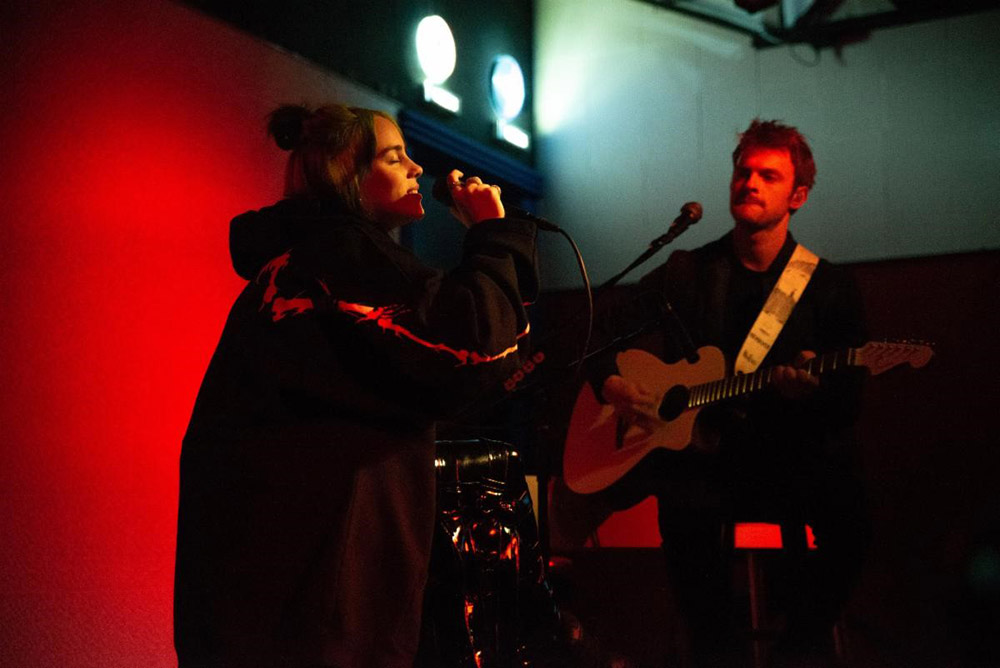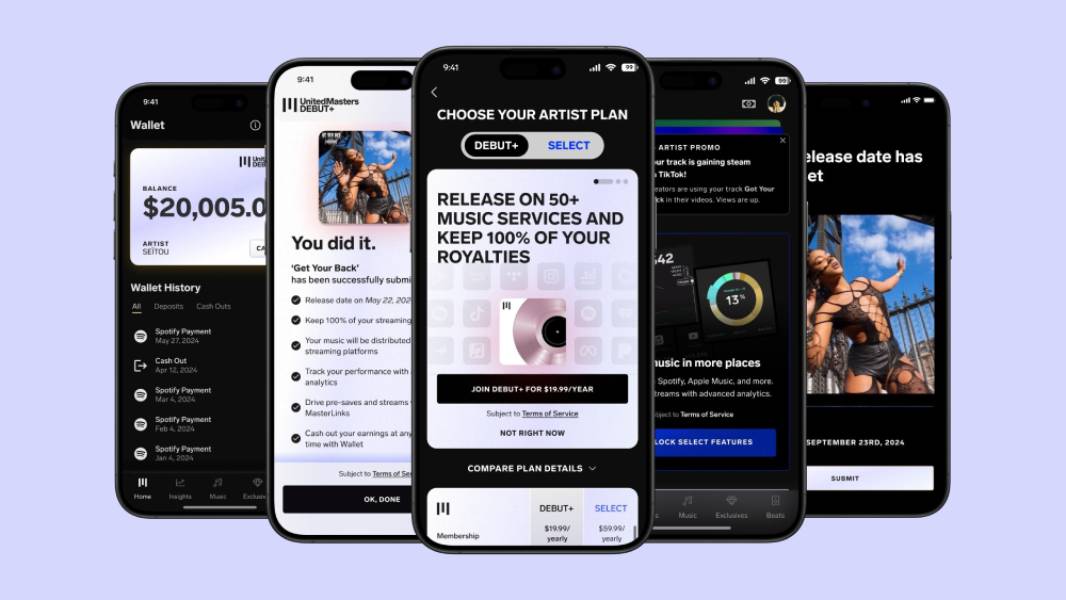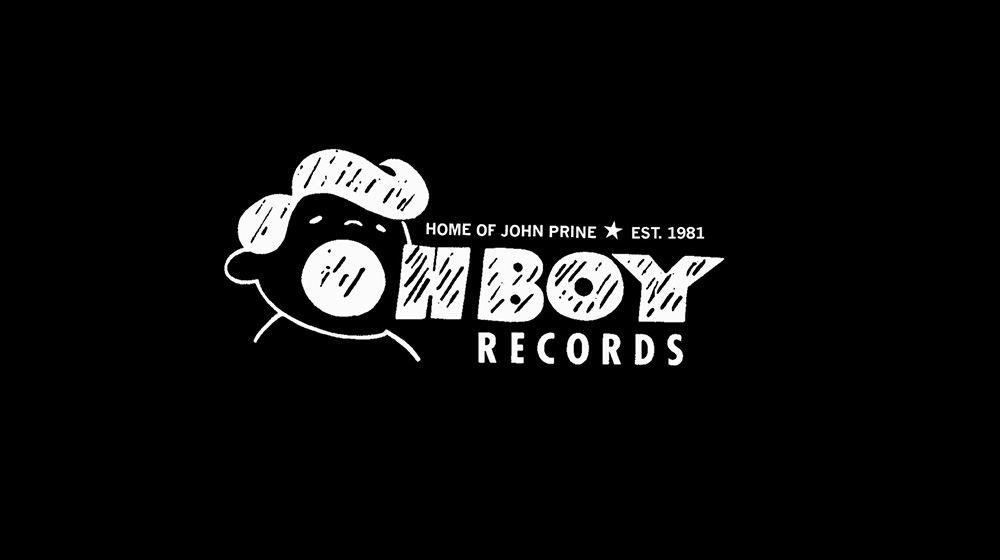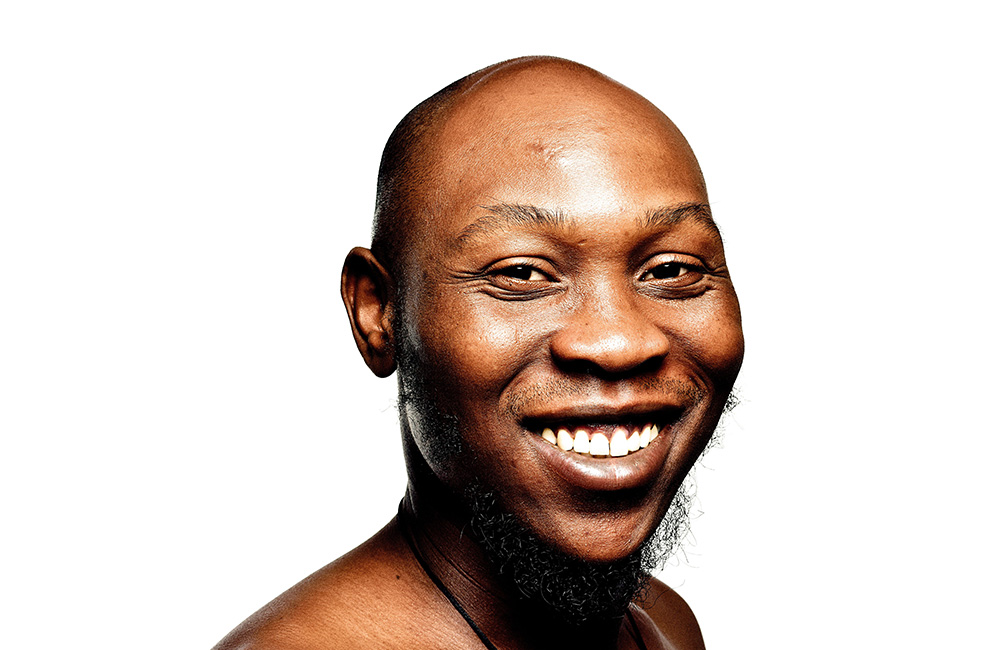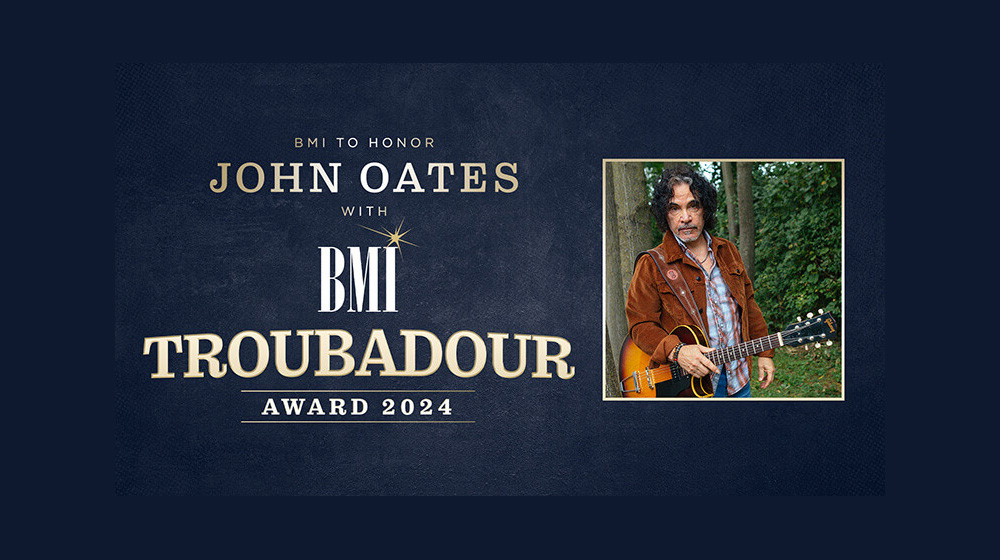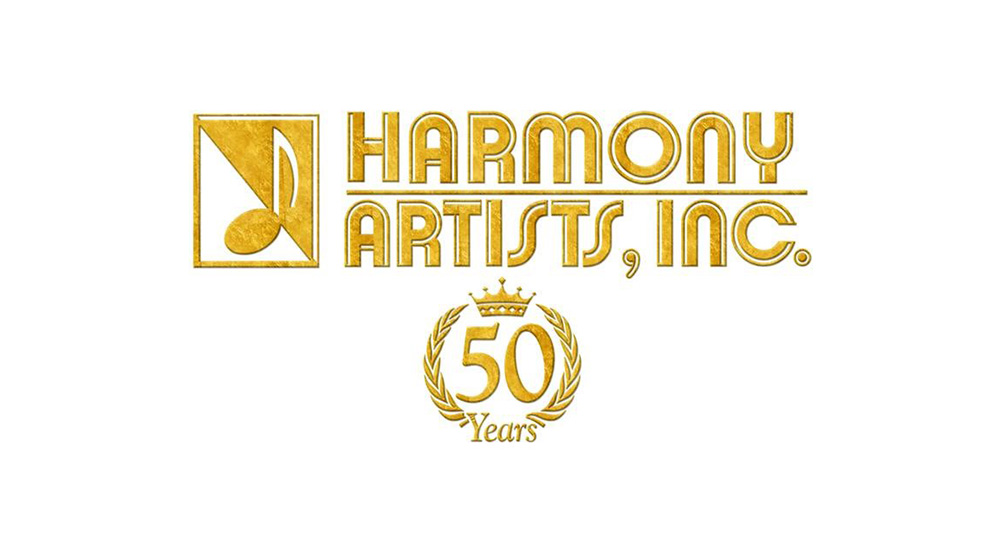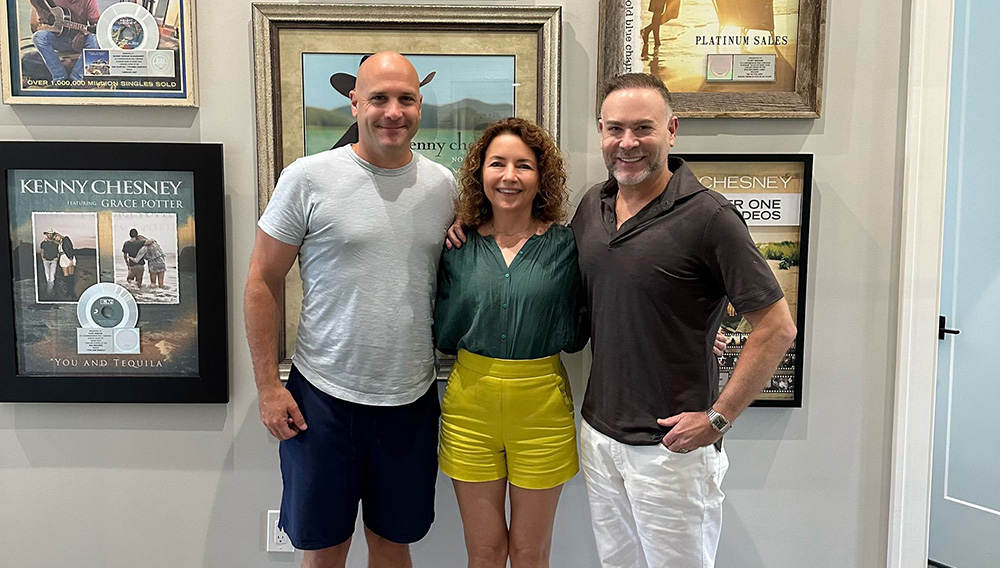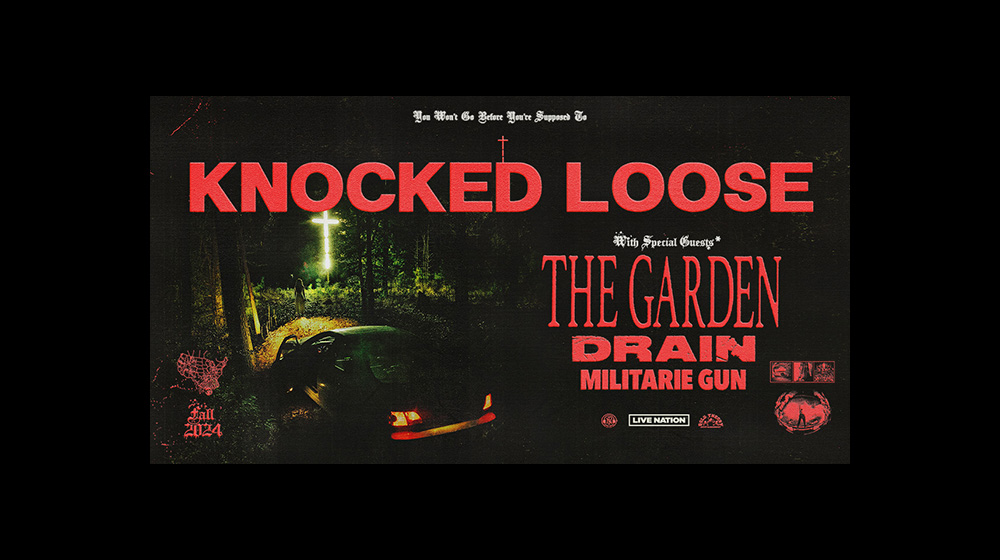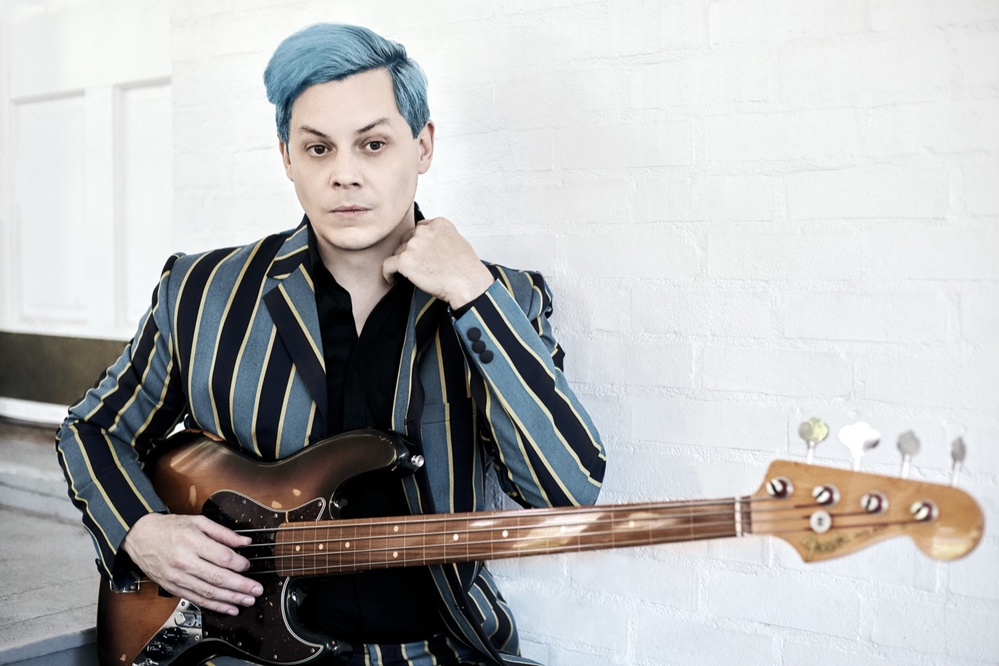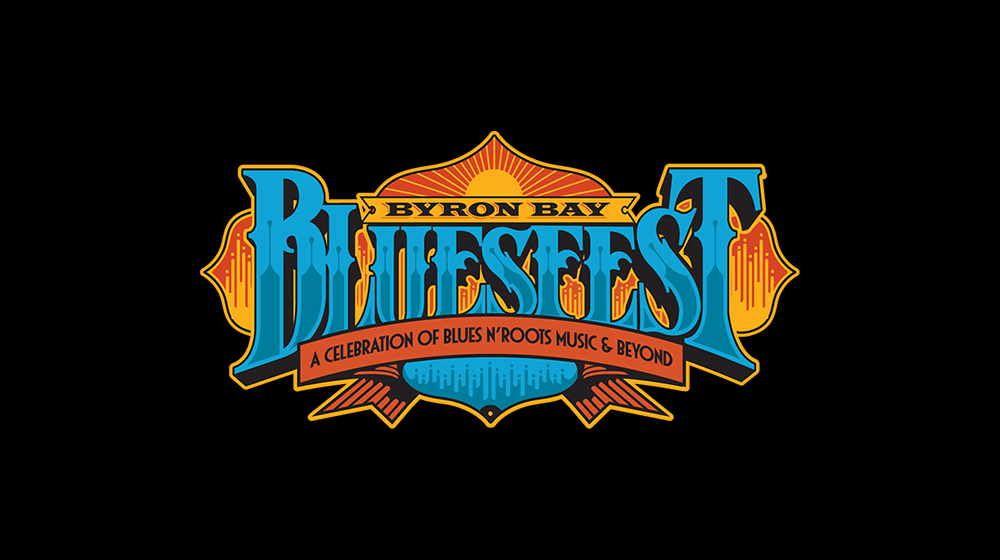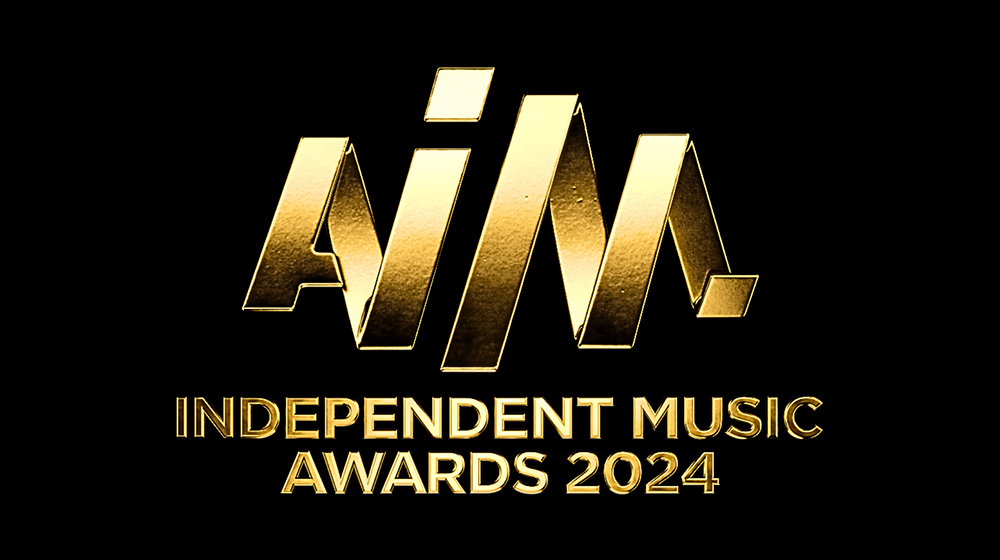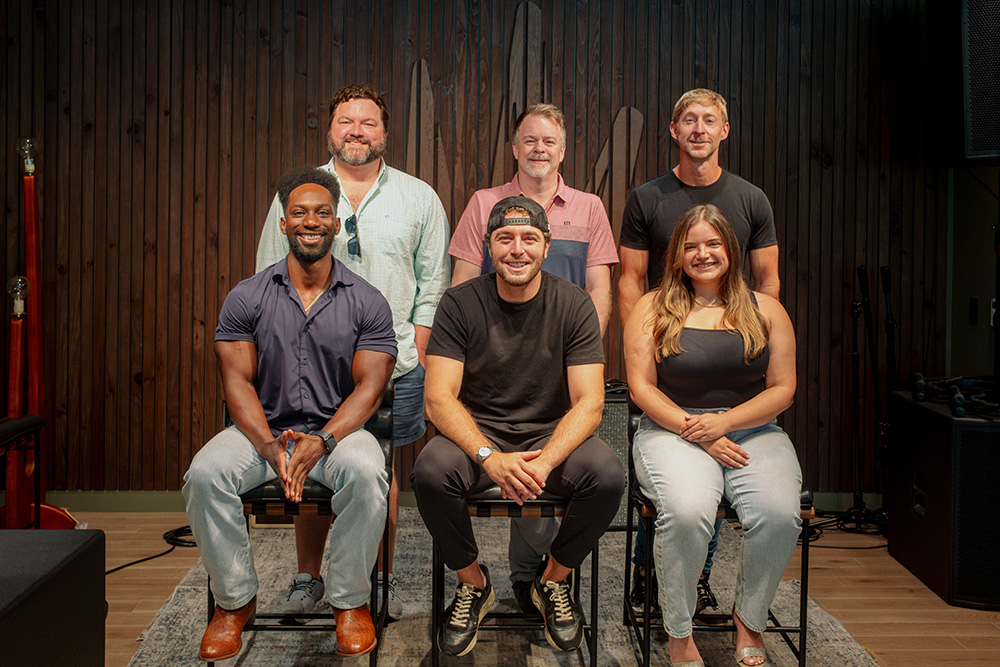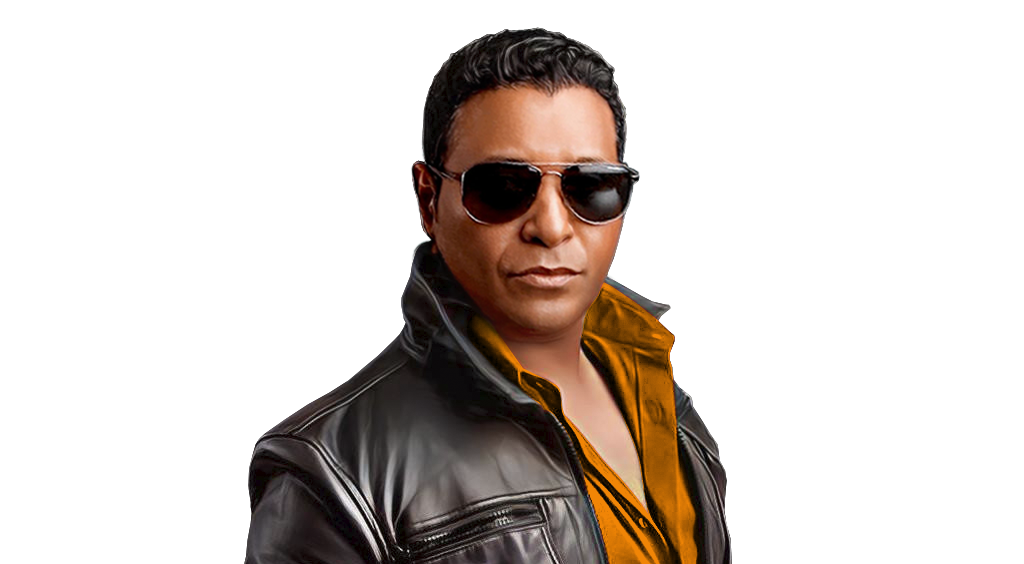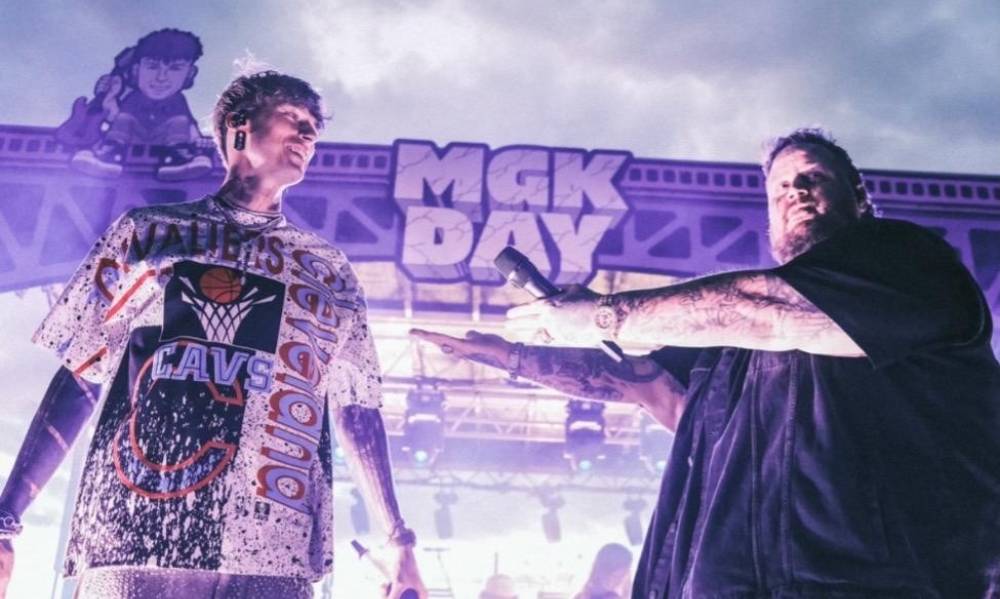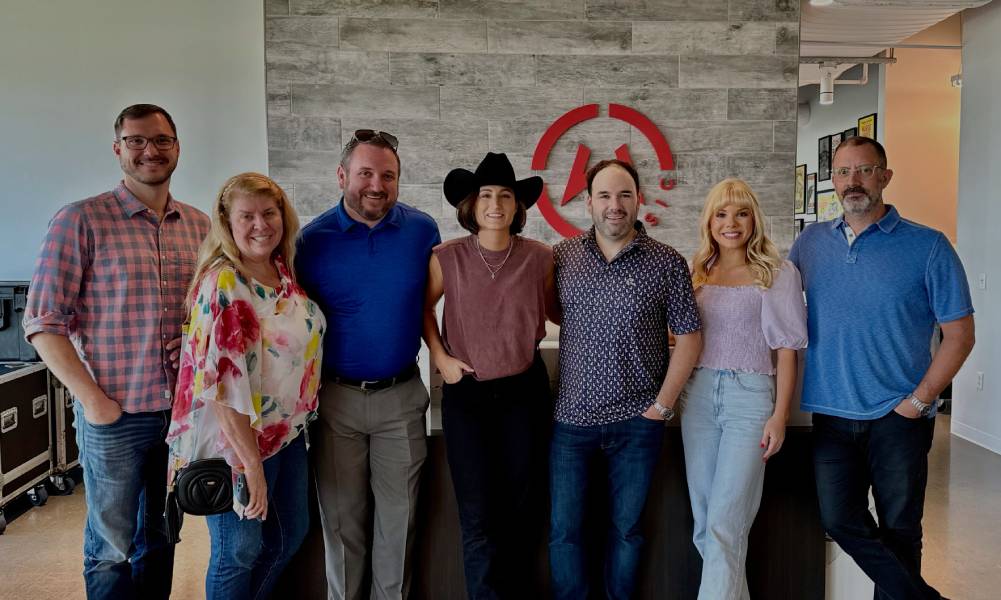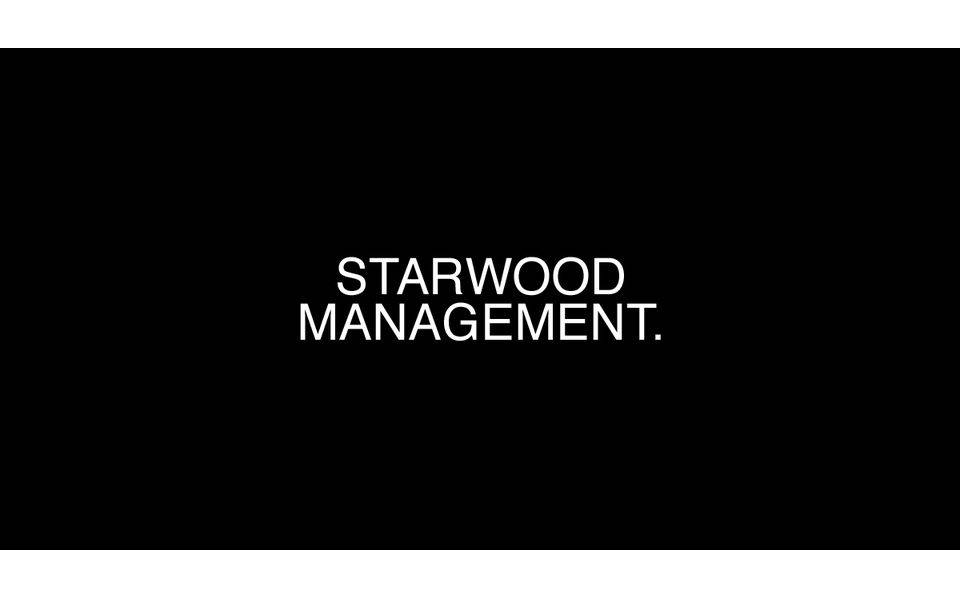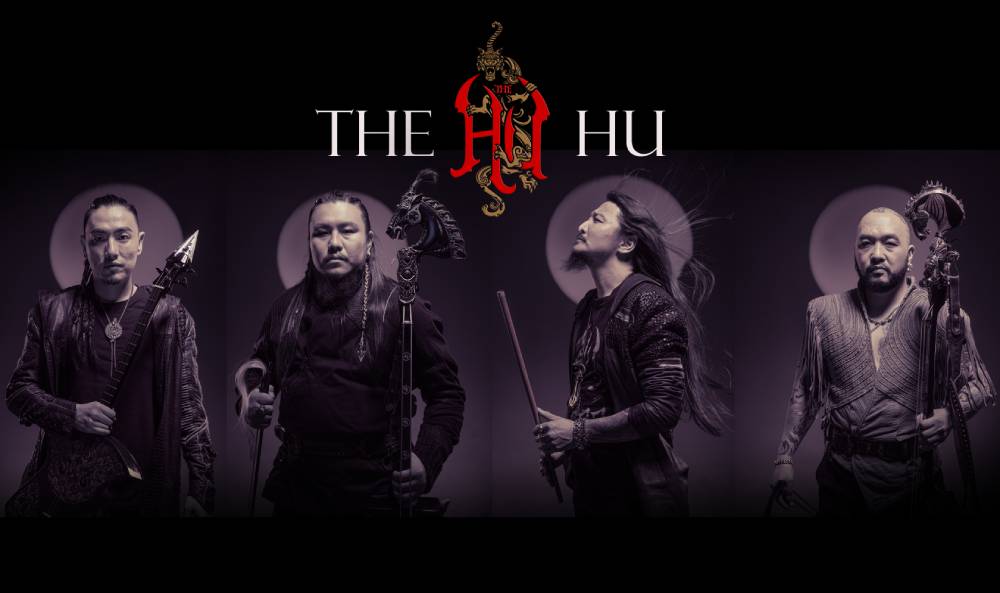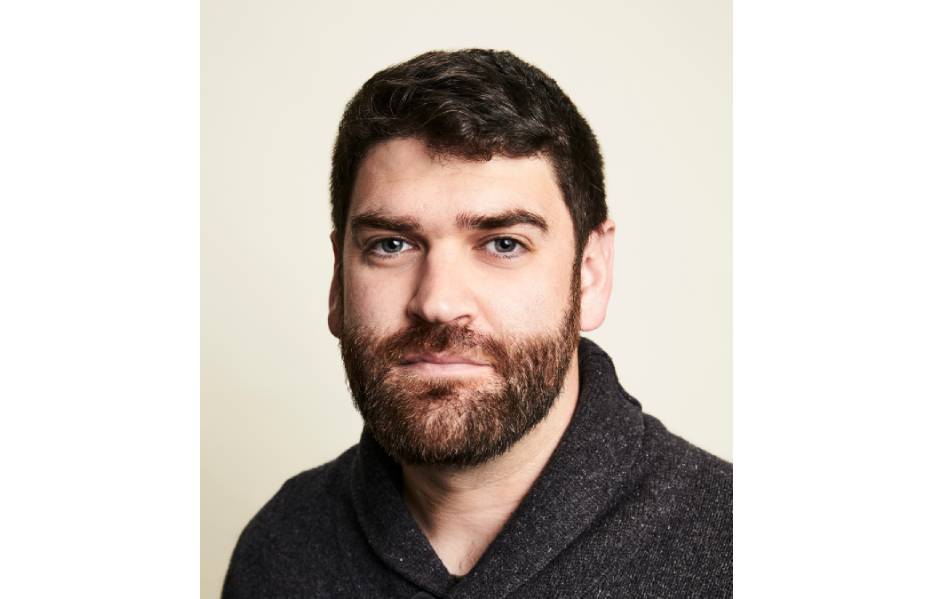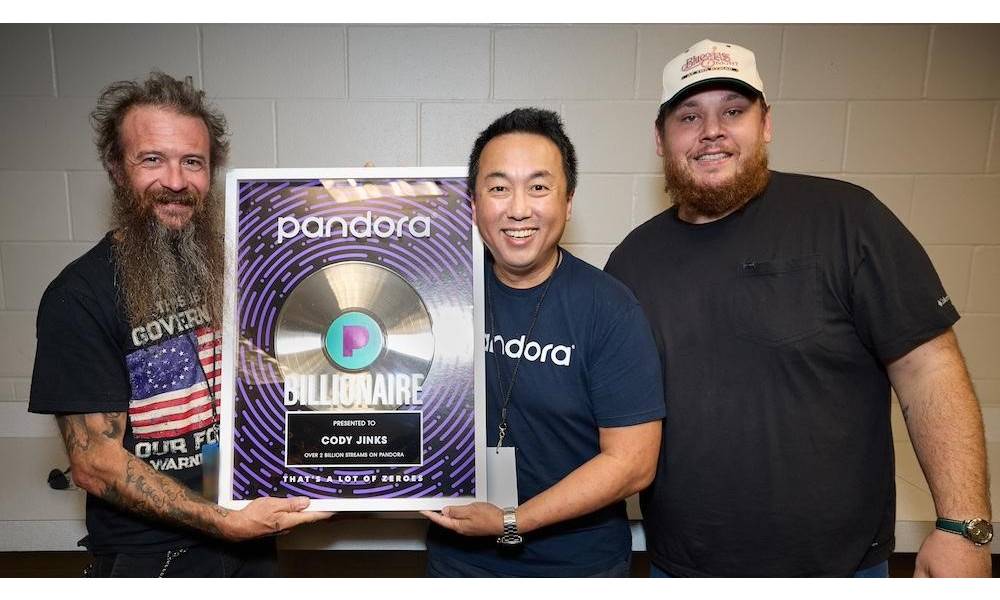This week In the Hot Seat with Larry LeBlanc: Helen Yu, principal attorney, Yu Leseberg, A Professional Law Corporation.
With nearly 30 years in music intellectual property and entertainment law, Helen Yu, as the founding principal at Yu Leseberg, A Professional Law Corporation in Los Angeles, is one of the most commanding attorneys in the American music law space.
A tenacious advocate for her clients—artists, songwriters, producers, and creative talents—she possesses an infectious, enthusiastic spirit, sharp intelligence, and imposing legal expertise.
A Los Angeles native, her parents came from South Korea to attend graduate school at the University of Southern California in the 1960s.
Yu, as a woman of color, and an Asian-American, had to overcome numerous cultural challenges, and be able to successfully push beyond the boundaries of music and law limitations.
After receiving a Bachelor of Arts degree in Speech Communication from California State Northridge, and her Juris Doctor from Whittier College where she graduated with Honors, Yu worked at the Los Angeles entertainment law firm Cohen & Cohen. She went on to do stints in-house at Virgin Records America, and Sony Pictures Entertainment Group before founding Yu Leseberg in 2000.
Over the years, Yu has served as the legal force behind members of the Black Eyed Peas, Lamont Dozier, Wade Robson, Ty Dolla $ign, YG, DJ Mustard, Snoop, Big D Evans, BAS, David Guettta, Diane Warren, Verdine White of Earth Wind & Fire, T-Boz of TLC, and others; along with handling deals producer/writer clients whom have produced music for Junior Mafia, Drake, Wiz Khalifa, Post Malone, 2Chainz, Tyga, Fifth Harmony, Big Sean, Ariana Grande, Mariah Carey, Jenifer Lopez, Migos and many others.
As well, she has represented such prominent Latin stars as Joan Sebastian, Gerardo Ortiz, and Paulo Londra as well as Silent Giant Entertainment, and its principals, Edward “E-Dub” Rios and Khool Aid.
In 2000, Yu founded North Hudson Music, a music publishing administration company whose catalog includes album and soundtrack works written and performed by Mary J. Blige, Justin Timberlake, the Black Eyed Peas, Britney Spears, Janet Jackson, Busta Rhymes, P. Diddy, the Pussycat Dolls, Robin Thicke, Tupac Shakur, Sza, Fergie, will.i.am, NSYNC, Backstreet Boys, and others.
Working across so many facets of entertainment law has enabled Yu to have a broad and far-reaching perspective to expertly evaluate diverse opportunities that may be open to her clients.
What do clients mostly come to you for?
Oh my gosh. Everything. I’m a talent-based lawyer so I’m on the side of artists. We are usually doing things like management agreements, recording agreements, and publishing deals. All kinds of licensing. Brand and sponsor deals, merch deals. Basically, the same type of things.
How much staff work at the firm?
We have 7 people. We have three lawyers. We have two support staff. We have an IT person. We are in an office at the corner of Hollywood and Vine (The Broadway Hollywood Building at 1645 North Vine Street). We are catty-corner (diagonally opposite) from Capitol Records. It is a 1923 art deco Empire building. A historic Hollywood landmark. They refurbished the building, and they built all of these amazing lofts.
After nearly three decades of legal work what surprises you these days?
What surprises me is the number of people–producers—that are curators of tracks, and not creators. Young producers sometimes will get tracks from other producers that created the underlying musical bed. People will bounce files. Germany to the UK, wherever, Mexico, anywhere.
What ends up happening is that the folder of the producer that has the track, even though the artist is cutting in the room with that producer, that producer may have acquired that track, curated that track, or received that track from somebody else. From across the country, across the world, and then, maybe, added some things. Maybe added a drum overlay or added some instrumentation. But the basis of the musical bed is from somebody else. When I go out, and make a deal for the artist, even though my artist was only in with the one producer that had access to the artist, I’ve got two, three, four people on the track sometimes, producers on the track. That happens quite often.
You cut your teeth in rap and hip-hop representing rappers and producers. With producers putting together a track, then working with rappers, it often comes down to who did what? What is the publishing and recording split? Then, it can get complicated if a producer says, “That’s my track you’ve sampled.” A messy field?
Oh yeah.
If the producer is also a songwriter, and there are multiple rappers, there’s no exact math to break it down. What happens, as the publishers like to say, “We have people claiming 120% of this song,” and the record label will say, “We can’t pay anybody anything until the total is 100%.”
Yes, yes. I tell everybody, “I don’t care you guys. We have to get this all at 100% which is not 120% to go around.”
Starting in the ‘70s, hip-hop was the first popular music genre based on sampling. It is the one musical genre in which a sample is part of that culture. You can’t imagine hip-hop without samples.
With the use of a master recording, rights have to be cleared for the rights of the master, and the song copyright.
So many tracks are released as labels and/or artists are still scurrying around seeking clearances.
Meanwhile, there are not that many music supervisors specifically doing hip-hop and rap sample clearances. Like so many others, you work with Deborah Mannis-Gardner (Owner/president, DMG Clearances), who has been securing clearances of music for film, samples, and video games for close to three decades with her love of hip-hop and rap.
Sure. She’s been creating samples for a long long time.
In the earliest days of hip-hop, sampling was regarded as stealing music by label owners, and music publishers. Then, sample clearances were assigned a flat-rate buy-out of, perhaps, $500. Today, flat-rate buy-outs are rare. Instead, the publisher behind a sample is apt to ask for a percentage of the new copyright in addition to one-off, non-recoupable licensing fee of $3,000 or more; and, while master right holders, wouldn’t be in line to receive a new copyright, they might ask to own a piece of the new copyright, and ask for a percentage of revenue from streaming and third-party licensing.
So many pop and hip-hop songs today are co-written by a team of collaborators. And then someone else came in later, and there are six names attached to the song. What is the state now when you have 5 or 6 songwriters or producers involved? With producers putting together a track, then working with songwriters and artists, it often comes down to who did what? What’s the publishing and recording split? Is it still kind of crazy?
It can be. It depends on who the players are. There’s definitely an art to figuring out who is writing, who’s on the song, and who did what. I don’t think there’s a one-shoe-fits-all answer. If you kind of know the personalities, and the backgrounds, with all of your music knowledge, you can usually make people come to see, come to understand.
With the producer in command, they usually can decide what is what. They are the first among equals.
Yes.
If you are the lesser known in the company of 5 better-known songwriters and artists, it may be tough to get what should be coming to you.
It is. There’s different leverages. I don’t know if getting “screwed” is not getting credit or if it’s not getting any percentage. Depending on who you are, depending on your respective leverage, you may need to be more flexible.
As you know a lot of songwriting today is chain songwriting where producers and backup players contribute to a production. Often there are cut-ins involved mostly based on who they are–someone else coming in later—and there are 8 names attached to the track with only three people directly involved. Anytime the track blows up, people come out of the woodwork seeking a credit.
I recently heard the phrase “topline songwriter.”
Oh yeah for sure. A song with a topliner in it.
I hadn’t heard the term before. Obviously, the world of songwriting has changed dramatically in recent years.
For sure. You have a track, but without the topline, you really don’t have a song. You have a musical bed, you don’t have melody. You don’t have a lyric.
A “topliner” is the person who writes the words and the music. When musicians are in a room or online with the samplers and the producer and everybody else, everyone contributes. So everybody gets a piece of the song.
What has happened is the technology has advanced so much. People are bouncing files back and forth all of the time. You don’t even have to be in the same country, in the same room, the same anything to make music together.
Desmond Child recently told me that his music gets appropriated often due to sampling, and he has had to threaten legal action. In three sections of “Thong Song,” Sisqó (aka Mark Evans) croons: “Cuz she was livin’ la vida loca!.” He interpolated “Livin’ La Vida Loca,” written by Desmond, and Draco Rosa, into “Thong Song,” but producers/co-writers Tim Kelley and Bob Robinson (aka Tim & Bob) claim that Sisqó didn’t clear the use of the lyrics in his song.
As a result, Desmond and Drago were able to negotiate a one-quarter share of the song’s rights.
“Thong Song” peaked at #1 on the Billboard Rhythmic Top 40 chart and #3 on the Billboard Hot 100 and reached the Top 10 throughout Europe and reached #3 in the United Kingdom, Netherlands, and Denmark.
Today, we’re still seeing growth in interactive streaming services like Spotify, Apple, Amazon, Pandora, and Google, and there has been the growth of a lot social media and gaming platforms including FaceBook, TikTok, Peloton, Roblox, Twitch, and Instagram; and now with the Web3 universe.
At the same time, the revenue streams for recorded music and music publishing have greatly lessened.
Well, unless you are a top streamer.
Nevertheless, your role has evolved as artists and songwriters have the ability to leverage new technologies to connect directly with their audiences. Historically, this had not been the norm. Creative professionals had to contend for decades with gatekeepers and tastemakers at every level.
That’s no longer the case.
Merging streaming, social media, gaming, and other forms of entertainment into one consumer-driven digital universe holds great promise for many of your clients who are also interested in wider rights, such as identifying and claiming international uses of their music, and furthering merchandise, name and likeness, producer royalties, and locking down neighboring rights.
In response to these rapidly changing conditions, your focus in handling their legal work has broadened.
Yes, for sure.
You seem cautiously optimistic about the music business post the COVID pandemic. You have been quoted as saying that you don’t think COVID will change the industry forever.
I agree with that but there might be some things expanded. I think live is going to change. Technology is driving innovation. I don’t even think they’ve touched what can be done.
I agree
You are in a perfect position to take advantage of those changes with your clients. Whereas many older people in legal remain stuck in what they were doing decades ago.
Yeah. I really would like to be an architect of change. I would like to be a mentor, a leader, an agent, and a creator of change for sure
Music law differs from other legal areas in that the industry is such a multi-layered entity. You obviously have to be very detail-oriented. You have to have a very high level of reading comprehension. You have to be a good writer, and be a good draft person.
How much time do you spend drafting contracts?
A lot of time. A lot of time, and with all of the digital streaming, the volume of work has increased tremendously. Back in the day when I first started, when I was working at Virgin, the (release) cycles were very different. You had singles that were going to come out, and you had albums. All of those albums had to be completed; all of the label copy and all of the clearances done. You had to be done a minimum of three to four months ahead of time. Then you had to get the product ready. You had to get it manufactured. You had to get it shipped. You had to get it delivered. You had all of these distributors. You had to have stock in the stores. All of that in terms of a very long lead time, and the production, the supply chain, and distribution.
That would take an impressive attention to detail.
All of that is out the window now. Now you have songs and albums that literally, if you had to, you could deliver the whole thing in honestly 48 hours. So people now are putting out single after single after single after single. Multiple singles. And then you have an album. You have digital versions. You have a version that is delivered to Apple, a version delivered to Spotify, and one delivered to Amazon. Basically, the same album, and you have a lot of volume going on right now.
You started your practice servicing the hip-hop and rap, and Latin communities. Why? Because these genres were being underserviced by the legal community?
Yeah, I think so, Yeah, I think that is really what it is. They were underserviced. They are minorities. They needed somebody that was really going to look at them, and that had the requisite expertise to take their matters seriously.
You were among the first to perceive the rise of U.S. Hispanic buying power which is now over $1.5 trillion annually, higher than the gross domestic product of countries like Australia, Mexico, and Spain.
As a result you were a legal point person in the ongoing expansion of Latin music.
Oh my God, it’s such an explosion.
With streaming platforms helping, Latin music continues to penetrate fresh global markets with the likes of singers Karol G, from Colombia, and Anitta, from Brazil; and Puerto Rican rapper and singer Bad Bunny all reaching mainstream non-Latin audiences.
Billboard, Spotify, TikTok, and Apple Music recently released their lists of the top music of 2022, with Bad Bunny dominating all charts. He is the first Latin artist to rank as the top artist of the year and with his album “Un Verano Sin Ti” winning top album honor. It was also the first all-Spanish album to be the year’s #1 album in the U.S., according to Billboard.
For me. I always had to be very colorblind. The United States is very different. There’s not a lot of Asian people involved in the business of music, especially attorneys. Especially in private practice. I always had to build my own tribe. Be my own person and take the matters that I take on where I am able to get really excellent results. Because I take it extremely seriously.
Do you have clients outside of the U.S?
With the Latin market, most of the people are outside, in Mexico or South America. So I don’t do a lot, but I do some work outside the U.S.
Have you attended the annual Singapore music conference Music Matters, organized by Jasper Donat? His company Branded is one of Asia’s leading live and digital media companies, and producers of varied events including music, digital, sports, gaming, and marketing matters.
I haven’t. I would like to.
I was intrigued about your favorite quote. You named a passage often misattributed to Steve Jobs. It was developed in the late ‘90s for Apple’s “Think Different” ad campaign:
“Here’s to the crazy ones, the misfits, the rebels, the troublemakers, the round pegs in the square holes… the ones who see things differently — they’re not fond of rules… You can quote them, disagree with them, glorify or vilify them, but the only thing you can’t do is ignore them because they change things… they push the human race forward, and while some may see them as the crazy ones, we see genius, because the ones who are crazy enough to think that they can change the world, are the ones who do.”
While managing partner and creative director at TBWA/Chiat/Day, Rob Siltanen spearheaded the Apple “Think Different” campaign and wrote the Emmy Award-winning “Here’s to the Crazy Ones” commercial that helped lead Apple’s legendary turnaround, the poem itself was developed by a collective that also included TBWA/Chiat/Day art director Lee Clow, and others.
Two narrations of the ad exist, one by actor Richard Dreyfuss, and one by Steve Jobs himself. Though the “Think Different” campaign ended in the early 2000s, the poem has continued to find its way into various Apple icons as recently as 2020.
Does that quote describe you as well?
(Laughing) Unfortunately not. I try not to, but yeah, I do drive outside the lines sometimes.
Early in your career, you did legal work for such non-conformists as Tupac Shakur, Post Malone, Black Eyed Peas, Big Sean, Tyga, 2 Chainz, Migos, Junior Mafia, Wiz Khalifa, and P. Diddy.
Yes.
Are you drawn to those people, “the crazy ones, the misfits, the rebels, the troublemakers, the round pegs in the square holes… the ones who see things differently. That are not fond of rules?”
I think so.
Despite the World Jewish Congress (WJC) urging Apple Music and Spotify to remove rapper and fashion designer Ye’s music catalogs from their platforms due to the artist’s recent anti-Semitic remarks that has yet to happen. Nor has Ye been impacted by the #CancelTheRoyalties self-blocking petition campaign seeking to ban his music from Spotify, Apple Music, Amazon Music, and other streaming services. That campaign has gathered 86,000 signatures.
That’s a decision by the label.
People miss that point. It means removing Ye’s music needs approval from DefJam, and GOOD labels.
The label could decide or not to have a product in the marketplace or not. Spotify has terms of service with labels. They can’t just take something off somebody’s shelf. They have an agreement with that label. It just isn’t the way that it works. You don’t need to pull it off Spotify. If you aren’t supportive of it just don’t listen to it.
That used to be my argument when people wanted to censor music on radio.
Don’t participate in it.
Meanwhile, R. Kelly, currently serving out a 30-year prison sentence for sex trafficking, has had his album “I Admit It” pulled from major streamers after briefly hitting platforms like Spotify and iTunes. Apparently, according to Kelly and his attorney, it was illegally issued.
In 2018, while the “Surviving R. Kelly” documentary was airing on Lifetime, and long-standing allegations of sexual abuse against Kelly were gaining steam, Spotify stopped including his music in playlists. But Spotify didn’t ban him. Again it would have to be Sony taking him down.
Yes.
Travis Scott is scheduled to make his first festival appearance since the disastrous Astroworld festival in which 10 people died. He will perform at the Rolling Loud California festival in March. Future and Playboi Carti will also headline with Lil Wayne appearing in an undefined slot, listed as a “special guest.”
At the rapper Travis Scott’s hometown November 5th, 2021 Astroworld Festival in Houston, 10 young people were killed, and many more were injured, some severely, due to “crowd crush” or “crowd surge” as hundreds had rushed the event perimeter.
It’s hard for a performer with this in their history to continue. It’s fortunate he’s being given a chance to move forward.
Yeah, absolutely. There are a lot of top artists that will be there. Rolling Loud is a very well curated festival
As the daughter of Korean immigrants to America, when you started your career, there weren’t many people who looked like you, whom you could look up to as mentors or as idols as an Asian-American woman.
There certainly weren’t many people in music with your background 30 years ago.
I recall a luncheon In 1991 when the Canadian Junos Awards were in Vancouver, the first time the Junos were conducted outside Toronto. That year also marked the introduction of a category for rap recordings. A female label executive of visible Asian heritage said to me, “Do you notice something unusual with this room?” And I responded, “Yes, first off you are one of the few woman here, and you are only visible minority.”
Yes.
Asian Americans and Pacific Islanders (AAPI) are an integral part of the American cultural mosaic today, encompassing a wide range of diversity, consisting of approximately 50 distinct ethnic groups speaking over 100 languages, with connections to Chinese, Indian, Japanese, Filipino, Vietnamese, Korean, Hawaiian, and other Asian and Pacific Islander ancestries.
One area of entertainment in America more open to Asians is standup comedy with such comics as Sheng Wang, Randall Park, Jo Koy, Jimmy O. Yang, Ali Wong, Margaret Cho, Hasan Minhaj, and Ronny Chieng to name but a few.
It’s funny that you say that because I really don’t deal in comedy. That is so funny.
Have things changed?
Here they are trying to be more diverse. I see more effort being made.
It took decades for Afro-American actors and directors to break into the film industry, and alter only slightly how Hollywood operated behind and in front of the camera, and how it viewed black content. A new generation of leading black filmmakers have since emerged including Antoine Fuqua, Tyler Perry, Tim Story, Steve McQueen, Barry Jenkins, Dee Rees, Ava DuVernay, Jordan Peele, Victoria Mahoney, and “Black Panther” director Ryan Coogler.
At the same time, there’s been little talk of the need to lift Asian voices in Hollywood, a town imbued with white supremacy, and a patriarchal structure designed to proffer advantages unequally, toward elevating white people, and not elevating people of color.
Most studios and networks boast a slate of inclusion initiatives to showcase acting, directing, and writing talent from communities of color.
But structural shortfalls persist.
Where are the Asian American and Pacific Islanders’ immigrant stories?
I wholeheartedly agree with you.
You get one every five years or so. Time magazine recently named Michelle Yeoh as its 2022 Icon of the Year, highlighting her storied 40-year acting career that includes this year’s “Everything Everywhere All at Once.”
During her career, Yeoh told Time that she had to “battle” a Hollywood that offered her parts that were stereotypes of Asians or harmful tropes of Asian women. It wasn’t until this last year that Hollywood began to recognize her as a top-billed actor, seen for her acting abilities beyond what white audiences expect of Asian performers.
There are also Youn Yuh-Jung and Steven Yeun now being recognized, There should be others.
I agree with you.
Why aren’t those stories being told?
I don’t know. You tell me.
Is there anything that would encourage those writers and directors, and actors, to come along and write and film those stories?
Yeah, if people wrote them and pitched them. I think that you are right. I think it really comes down to writing. Write the stories.
How many Asian Americans do you know that are songwriters? I know only a couple.
Yeah. Who are you thinking of?
There’s Filipino-American Clinton Kane, South Korean-born American singer, musician, and songwriter Karen O, and American Idol alumni, Korean American musician, singer, and rapper Paul Kim, who explained to The New York Times that he was blatantly told by industry executives he would have been signed to a label faster had he not been Asian.
There’s Brian Lee who is part of Post Malone.
Born in Michigan and raised in Queens, New York City, Lee has written hits for Post Malone, Camila Cabello, Selena Gomez, and Marshmello, Owl City and Carly Rae Jepsen, and Lady Gaga.
But there aren’t many.
No.
Yet, there’s been an explosion of Asian music influencing North American pop culture including Korean pop music (K-Pop) with BTS, Eric Nam, Jay Park, and others. There are 9 million tracks a month coming on Spotify from a range of Asian and Pacific Islander sources
People are also coming to realize the impact of people of Asian descent in the music industry.
I know many people from Asian immigrant families including Jenna Adler, a music agent at CAA; and Ted Chung, Founder, and Chairman of Cashmere Agency, who both have Korean parents.
Yes.
Among the members of the AAPI community in the music business who are helping lead the way into an era of greater representation and awareness are: Clara Kim, EVP & General Counsel for ASCAP; Annie Lee, Chief Financial Officer at Interscope Geffen A&M Records; Grace Lee, Head of Artist Relations (East Coast), YouTube; Miwa Okumura, Senior VP of West Coast Operations, Licensing at Beggars Group; Eric Wong, president & CMO of Recorded Music for Warner Music Group; Wendy Ong, president of TaP Music; Caroline Yim, Partner and Co-Head of Hip-Hop/R&B at WME; and Stephanie Yu, Executive Vice President and Head of Business & Legal Affairs at Epic Records for 14 years.
Yes, I know Stephanie. She’s been there a long time.
Your parents came to Los Angeles from South Korea in the 1960s to attend graduate school at the University of Southern California?
Yep. My mom went to law school, and she and my dad ran various businesses. A lot of real estate, real estate investment, accounting, and a trucking company. They were entrepeurials.
Where in South Korea are they from?
Seoul.
Have you been to South Korea?
I have.
Being born and raised in Los Angeles did you feel like a fish out of water there?
No. You know what is amazing about it is that the buildings, the architecture, the public art, the styling, the food, and the fashion are much further along than here in the United States. Because after the war they had such a big growth spurt. They had nothing, and they had to use their ingenuity, and resiliency to rebuild that country. So, when you go there, it’s like looking at these beautiful buildings that you see in Singapore or somewhere like that. Each building has public art or sculpture, Everything is very designed, and styled. That is really important to them.
In 1953, both North and South Korea were shattered by the destructive three-year Korean War that left upward of two million dead and cities and towns in ruin.
Already poor before the war, neither country had very promising prospects for the future.
In the first decade after the conflict, being reliant on the United States for survival, South Korea was hindered by political upheavals and pervasive corruption.
The Park Chung-hee regime military government that came to power in 1961 oversaw one of the most dramatic economic transformations in history. Social changes, including education and technical training, moved the country into an export-led development path.
Seoul is pretty amazing. It is kind of like what people used to think about going to Tokyo back in the day, but now Seoul versus Tokyo, Tokyo looks old, Seoul looks new. It is really, really beautiful. So I really like it. I really enjoy it. I am really proud of their resiliency, and what they have been able to achieve in a relatively short period of time.
Did you have pressure put on you growing up to excel at school, and other things? After all you started piano lessons at 5.
I did
Did you have classical piano lessons?
Yes. Classical and pop.
C’mon, your parents didn’t let you play pop.
They did. Do you know why? That is what the teacher taught.
What is the first record you bought?
The first record that I bought was a 7-inch. Kool & the Gang’s “Too Hot” (from “Ladies Night” (1979)
I read that you were in a band, and you recorded an album at Westlake Studios when you were 12.
I don’t know if I was 12, but I was in high school. I was in a band, yes. I was the keyboard player.
Were you any good?
I was decent.
How did your parent react to you being in a band being that young?
They didn’t mind me doing it for fun, but in terms of an actual profession, that was not really anything that they understood or comprehended. That was more of a leisure activity.
At that stage, you learn band dynamics and how things work in the creative process. You don’t necessarily know the industry but by putting five people together performing, you can figure out who the leader is, and who are the time wasters.
Oh, for sure.
You also spent part of your teen years interning at the indie label Enigma Records founded and run by brothers William and Wesley Hein.
That was in high school. Being in a band, of course, I also loved going to shows,
Enigma was an independent label, and it was very cool.
You didn’t drive. Your mother had to take you to their office.
That’s right. She did. God bless her soul.
You started off at Enigma in the publicity department.
I started out with an internship, and I did whatever they wanted me to do: Answer phones, box stuff up, called retail stores. Back then, we’d do a lot of data gathering by calling retailers to find out what records were selling. When I started there, the internet didn’t exist. There wasn’t a lot of competing media.
You received your Bachelor of Arts degree in Speech Communication from California State Northridge, where you also promoted live shows in conjunction with KCSN. You received your Juris Doctor from Whittier College graduating with honors.
Did you go to Whittier College on a Richard Nixon Scholarship? I’m joking of course. But Nixon had a brilliant record at Whittier College, and Duke University Law School, in North Carolina. He opened his law practice in Whittier and became involved in local politics as a Republican.
(Laughing) I didn’t go there on the Richard Nixon Scholarship, unfortunately. It was full retail for me.
After college, you worked in private practice at the notable Los Angeles entertainment firm Cohen & Cohen under the mentorship of Martin “Mutt” Cohen. The law practice, with his son, Evan S. Cohen, primarily dealt with music and copyright matters. Clients included well-known recording artists and songwriters, as well as small entertainment firms, producers, music publishers, and independent film producers.
Martin Cohen, who died in 2002, was a highly respected authority on music publishing matters. He served as president of the AIMP (Association of Independent Music Publishers), and was an instructor in international music publishing for over 10 years at UCLA Extension, a public continuing education institution in Westwood. He also served as an arbitrator for the American Arbitration Association in over 150 cases.
How did you come to meet the great Martin Cohen?
I took a class after I had graduated from law school on music publishing, and he taught the class. Then I became the TA (teaching assistant). I couldn’t afford to take the class, and he needed a TA. I said, “Okay. So can I take your class?” And if I assisted him, I could take the class.
Why study music publishing, which I and others refer to as “the Dark Arts?” Most law graduates seek out other more attractive areas of entertainment.
I really wanted to know about music publishing. I didn’t know much about it. The only thing that I knew was that it had to do with royalties and income streams. I knew that was important. I didn’t know much else about it. It was very interesting.
Basic copyright doesn’t really change. What has changed has been the emergence of varied online music outlets, the different digital uses of music, and the demand for greater music experiences delivered in an assortment of connected ways.
With dwindling recording income, and with fewer chances of being signed by labels, music publishing moved front and center over the past two decades. Yet, so many times we have to explain the basics of music publishing, even to well-known artists and their managers who often still remain in the dark. Understanding music publishing, especially learning about the complexities of what is going on with capturing publishing streams abroad, is a daunting challenge.
When I took his class, that was the first time that I learned that if you are an artist, in any particular country, you just don’t automatically get all of your royalties from around the world. That you have to basically go into every one of the major territories and collect your income. That really was a concept that I had thought, “If this thing is in Turkey then you get paid for Turkey,” and it was, “Well, no.” That is when I said, “Wow, in order to really collect music publishing money efficiently, and to get the maximum out of it, you really need to be an international business.
Was that the reasoning behind you launching North Hudson Music, a music publishing administration company, in 2000?
Yeah. I learned the business from him. He was a master and really an expert and a founder and forefather in the business. Yeah, I really learned the back-end intricacies.
North Hudson Music’s catalog includes works written and performed by the likes of Mary J. Blige, Justin Timberlake, the Black Eyed Peas, Britney Spears, Janet Jackson, Busta Rhymes, P. Diddy, the Pussycat Dolls, Robin Thicke, Tupac Shakur, Sza, Fergie, will.i.am, NSYNC, Backstreet Boys, and others.
Before founding your own firm, you worked as assistant in-house counsel for Virgin Records America for a year in 1993, and briefly for the Sony Pictures Entertainment Group where you focused on intellectual property matters including working as production counsel for such films as “Longshot” (2001), “Shottas” (2002), and “Last Goodbye> (2004) and others.
Your duties as production counsel would have included assisting in securing intellectual property, handling union issues with SAG-AFTRA, drafting talent and production service agreements, and addressing legal issues that might arise during the production.
Great legal groundwork, but not the same as what you have done since opening Yu Leseberg in 2000.
No. That was very different.
Directing social media, gaming, and other forms of entertainment toward one consumer-driven digital universe holds great promise for the music industry. However, while music must continue to be licensed and paid for in whatever form it is consumed–which hopefully bodes well for music rights holders—there are increased obstacles to them being paid in this new frontier as we power innovative music services, audiobooks, video streaming of live concerts, user-generated content, and engaged social integrations.
It’s ironic that licensing fees for songs for TV and film in general—not across the board, and not for much sought-after popular songs—have greatly diminished in recent years.
It is interesting that you brought that up, and yes I would agree.
The music industry has had to claw back and maintain rights to be viable once again.
It first had MTV build on its back until MTV properties moved away from music, evolving into channels dominated by “reality” programming; and consumer exposure to new music largely dissipated.
In 2004, iTunes came along, followed then by Spotify, Apple and others, allowing music fans to buy not only the “radio single,” but also every track on an album separately. The recording industry was then sandbagged by the global growth of the Internet and technology-empowered consumers.
The music industry’s challenge today is to ensure and maintain the value of licensing against technology, and new digital partners. To directly build relationships with those partners, and collect more efficiently and quickly while there are streaming platforms that do not want to pay or want to pay substantially less or bristle against U.S. Copyright Royalty Board (CRB) rates.
Rights holders, on the other hand, want to nail down deals that they feel match the value that music provides to TikTok before it gets even bigger, and thus even more able to push back at the negotiating table. TikTok counters by underlining the promotional value of its app.
Ole Obermann, the Global Head of Music at TikTok counters that rights holders need to recognize TikTok’s role in “enhancing musical engagement” in a way that “translates directly to more financial and creative opportunities for music creators.”
At the same time, TikTok wants to grow its service.
Yeah of course. I think that the modeling will change with TikTok. I think it has to be something that is negotiated, and I think it is somewhere where we have to form partnerships with that platform.
TikTok is not only nurturing new talent and new releases, but it has become a factor in returning old songs to the forefront, boosting the value of music catalogs, and new releases as well.
It is an important platform in music. It is an important discovery platform. It is an important promotional platform. Music is a real part of their business. They need to be cognizant of that, and figure out a way to share and compensate, not only the labels, but also various artists. I think that something that is going to be a process over time that they are going to have to get used to because nobody ever thought that TikTok would be as important as it is. But I think to try to put a hammer down on them, it’s not going to be effective.
Legislation seeking to ban TikTok from operating in the United States has been officially introduced in Congress. The proposed legislation was introduced in the Senate by Florida Republican Marco Rubio, and in the House by Representatives Mike Gallagher (R-WI) and Raja Krishnamoorthi (D-IL). The bill calls on President Biden to exercise powers granted under the International Emergency Economic Powers Act to block and prohibit all transactions in all property and interests in property of TikTok and their Chinese parent company, ByteDance in the U.S.
You have worked with estates in recovering copyright revenues for heirs
Including Rolan Feld, the son of T, Rex frontman Marc Bolan. He was only a few days short of his second birthday when his father died in a 1977 car accident. A lawsuit in California federal court sought a declaration that Rolan was the sole owner of many of his father’s famous T. Rex/Marc Bolan songs like “Bang a Gong (Get It On),” and “Ride a White Swan.” The defendant, Westminster Music Ltd., doing business in the U.S. as Essex Music International, objected.
What happened in that case?
I was able to get all of the U.S. copyrights back.
The copyrights were held in a separate umbrella company in the U.S.?
They had Essex and The Richmond Orgazination (TRO), but I got all of the U.S. copyrights back. Basically, it was a 40-year fight for him (Rolan Feld). I was very proud of myself. I worked really hard on that. I probably never had a more complicated brain teaser case than that. Many lawyers that I respected, who I considered experts in the business, and who were even senior to me had tried over decades. Now I’m getting along being one of the senior people
Set up by German-born British music publisher David Platz, and American music publisher Howie Richmond, TRO Essex Music Group owns copyrights popularized by the Rolling Stones, the Moody Blues, the Move, Procol Harum, the Who, Johnny Dankworth, Dudley Moore, Lonnie Donegan, David Bowie, and Black Sabbath.
Yes, they do.
The subsequent legal battles for the Bolan estate left both Rolan and his mother relatively destitute and without much hope for a comfortable future: Roland and his mother Gloria went from a millionaire lifestyle to virtual poverty. The Godfather to Rolan, David Bowie, quietly paid for Rolan’s education in L.A., and settled other expenses as he was growing up.
Earlier this year, you captained a global publishing administration agreement with BMG for multi-platinum producer, songwriter, arranger, and multi-instrumentalist Jeff “Gitty” Gitelman for his catalog and future works. I’m curious why that deal is deemed an advantageous deal for him. It is a worldwide deal.
Yes, it’s a worldwide deal.
It’s an administration deal in which he pays a percentage of earnings for admin?
It is an admin deal so the administration fee goes back to recoup.
Is the deal on a per-term basis or is it ongoing?
No, it’s on a term basis.
Do major labels still attempt to pursue the music publishing of artists that they sign?
Usually no. No, nah nah.
Certainly, both Monti Olson, former BMG executive vice president, and head of music publishing North America (and president of Litmus Music since Aug. 2022), who signed him to his first publishing deal in 2015, and Josh Edmond, senior dir. of A&R, were big fans.
After all, Jeff has a formidable track record. The BMG deal followed releases of his co-writes with The Weeknd (“A Tale By Quincy”), Gunna (“Private Island”), Teddy Swims (“911”), and others. Also, his production on the title track “Back Of My Mind” and “Damage” by H.E.R. landed him two Grammy nominations at this year’s awards, following recognition in 2020 for his contribution on H.E.R.’s EP, “I Used To Know Her.”
Jeff “Gitty” Gitelman list of collaborators also includes HER, Gunna, The Weeknd, J. Cole, Anderson Paak, Mac Miller, Ty Dolla $ign, Camila Cabello, Jeremih, Chance The Rapper, John Legend, Ben Platt, Florida Georgia Line, Ledisi, Brandy, Usher, Jorja Smith, Kelly Clarkson, Kelly Rowland, Lukas Graham, and others.
Why is that an advantageous deal?
It is an advantageous deal not only because it’s a global deal but it is an administration deal so he still retains full ownership of all of his copyrights and he got the benefit of having a big company like BMG invest in him and he still got to retain 100% of his ownership.
When you opened Yu Leseberg in 2010 what were your clients looking to you for?
They wanted guidance in terms of publishing. How that monetizes. What the best deals were. How that networks because that is really the mystery of what we talked about. You talk about “the dark arts.” Everybody knows that it’s money. Nobody knows exactly how it (music publishing) monetizes or how it should be monetized. That was one of the clear areas of expertise that I had and still continue to have.
Back in the day, affiliated publishers were down the hallway or on another floor from the record company, and label executives didn’t quite understand what was happening in the publishing world.
Sure. I can see that. Absolutely.
Also, the publishing rates were so small that the labels did not much care about that side of the business. You might have a label saying, “If we don’t also get your music publishing we aren’t going to sign you.” You did see that happening with the majors and indie labels, but mostly the major labels were less focused on music publishing.
Yes, a way back. They did it because most of the record companies, the major labels have affiliated publishing companies.
Where publishing gets messy is if there’s one primary songwriter in a group and they balk at sharing the publishing or authorships with the other members. If successful that songwriter member can control when the band records or tours. They have the lion’s share of the overall group revenue while other members depend on their shares of recording and tour revenues.
It used to be: “I wrote the songs. I keep the songs.”
One of the biggest problems with bands that become successful is when the primary songwriter starts living large from publishing royalties while the rest of the band is just getting by.
That can definitely happen.
Both recording and songwriting revenue streams have lessened in recent years, except for leading acts. Surely that’s a good economic reason for sharing credits and sharing song revenue among group members.
Well, there are two types of sharing. In the old days, we didn’t have too many bands. It was more artist-driven than band-driven. Back in the day, you would have certain people who would write all of the songs, and that person would be the guitarist or the lead singer or whatnot, and the other people in the band were more players, more performers, especially in the live sense, and recording on the albums. But not the songwriter. So back in those days, people fell into two groups, and then the producers were more producing the record. Not writing the record. The definition of producer has changed as well from someone who was really helping to hone the sound, make the record, but not being the writer.
Nashville producers have long been involved with not only overseeing production, but being intimately involved with the songs being recorded, either directly as a songwriter or having songwriters in their own publishing company contributing songs.
I didn’t know that.
Often even the tiniest contribution can be key to a hit. Reportedly Warren Zevon and LeRoy Marinell had written much of “Werewolves Of London” when guitarist Waddy Wachtel turned up and suggested “Ah-hooo, werewolves of London, Ah-hooo, Ah-hooo, werewolves of London, Ah-hooo.”
Oh, that’s so funny. I love that. So that is kind of how it is today. As you know, you have Guns N’ Roses as a typical situation where Axl was splitting everything with the band. He was the primary songwriter. That happens quite a bit
As well U2 has four equal partners–Bono, The Edge, Adam Clayton, and Larry Mullen, Jr.–and they split their royalties evenly, no matter who wrote the song. Other examples are Coldplay, R.E.M., Radiohead, and the Doors also having equal splits with group members.
Still, I understand Creedence Clearwater Revival frontman John Fogerty writing enduring songs like “Proud Mary,” “Fortunate Son,” and “Who’ll Stop The Rain,” “Lodi,” “Looking Out My Back Door,” and “Run Through The Jungle” on his own, and refusing to share either credit or publishing revenues.
Unlike previous albums, on “Mardi Gras” in 1972, Stu Cook and Doug Clifford shared songwriting, production, and lead vocal duties with John for the first time. Due to the quality of what resulted when Fogerty ceded some of his control over the band to the others, 6 months later CCR disbanded.
Conversely Levon Helm, the drummer of the Band, long argued that songwriting was a collaborative effort. With the group, a song was brought in mostly by guitarist Robbie Robertson, and members would together piece it together as a finished track. Robbie, like many others, characteristically maintained that songwriting credit should be given to the person who wrote the lyrics, and the melody.
When Levon saw the final credits to the Band’s self titled second album (1969) he became furious. As he wrote in his 1993 book “The Wheel’s on Fire”: “So when the album came out, I discovered that I was credited for writing half of ‘Jemima Surrender’ and that was it. Richard was a co-writer on three songs. Rick and Garth went unaccredited. Robbie Robertson was credited on all twelve songs. Somebody had pencil whipped us. It was an old tactic: divide and conquer.”
I think that it also comes down to the individual. Whether that person is somebody who is respectful of others, respectful to collaboration, generous at heart, values their human relationships or if’s someone who goes on the side of, “It’s all me. It’s only me.” Honestly, it is kind of greed on the other hand. I think that those are all personality traits that differ from artist to artist from band to band.
Larry LeBlanc is widely recognized as one of the leading music industry journalists in the world. Before joining CelebrityAccess in 2008 as senior editor, he was the Canadian bureau chief of Billboard from 1991-2007 and Canadian editor of Record World from 1970-80. He was also a co-founder of the late Canadian music trade, The Record.
He has been quoted on music industry issues in hundreds of publications including Time, Forbes, and the London Times. He is a co-author of the book “Music From Far And Wide,” and a Lifetime Member of the Songwriters Hall of Fame.
He is the recipient of the 2013 Walt Grealis Special Achievement Award, recognizing individuals who have made an impact on the Canadian music industry.

